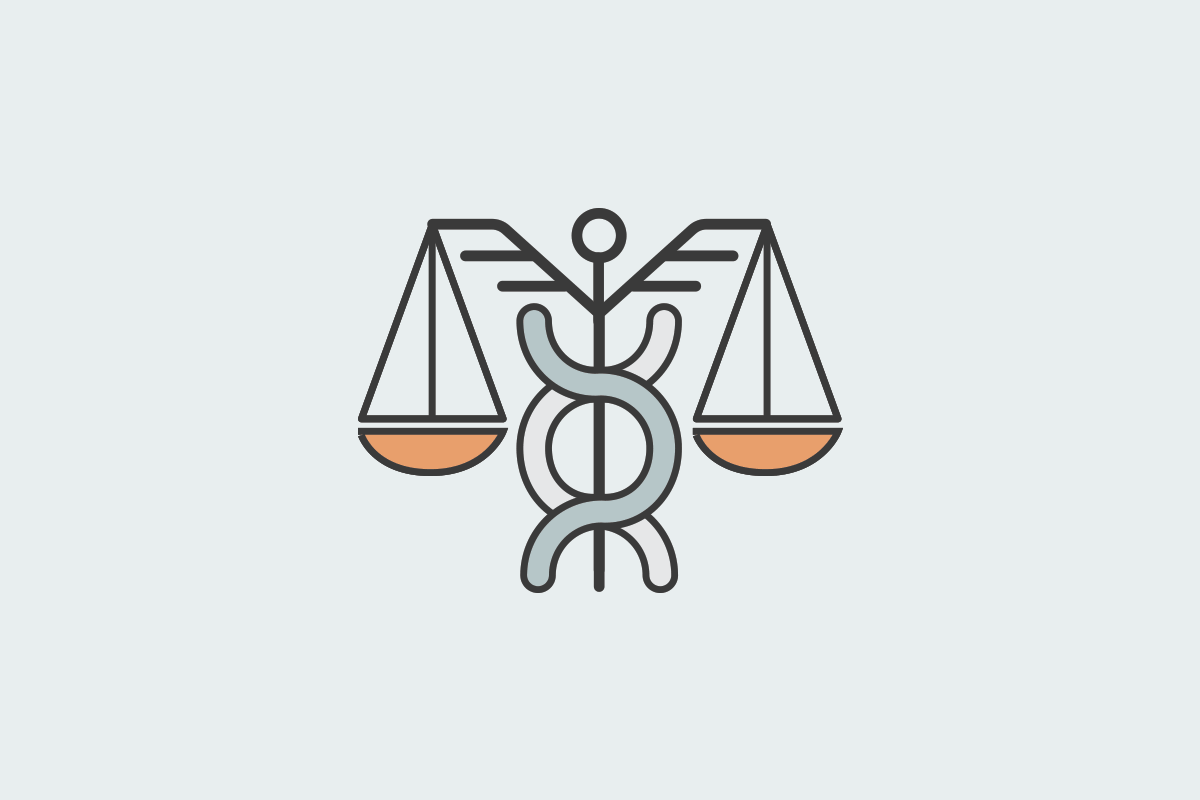During the COVID-19 pandemic, people spent a lot of time isolated and indoors, which helped foster an environment where some people now feel lonelier than ever. The result is a loss of social connectedness—the degree to which people feel the social connections and relationships in their lives to satisfy their wants and needs. When social…
Your Welcoa membership has expired.
EEOC Releases Guidance for Mandating COVID19 Vaccines by Employers
The following article does NOT constitute legal advice and should not be used as such. It is for educational purposes only. Readers should retain legal counsel to obtain definitive answers.
Although the share of people who are willing to get the COVID19 vaccine has increased since Fall 2020, from about 64% in September 2020 to 71% in December 2020, about nine percent of the holdouts say they will only get the vaccine if required for work, school or other activities. See Kaiser Family Foundation (KFF) Covid-19 Vaccine Monitor: December 2020.
The percentages will continue to shift as the COVID19 vaccine rolls out through 2021. But many employers will likely have employees who will refuse the vaccine unless forced to get it. It is unclear whether governments will mandate the vaccine, though local and state governments may try. Whether government mandates will survive any legal challenge remains to be seen. Much legal precedent on governments mandating vaccines, including the infamous Jacobson v. Massachusetts case, concerns vaccines that have been tested for much longer periods of time. Opponents to government mandates are likely to raise those differences when arguing against such mandates.
But what about employer mandates? Are those mandates a good idea and will they survive legal challenges? The federal Equal Employment Opportunity Commission (EEOC) recently issued guidance suggesting that at least from the EEOC’s perspective, employers can mandate the COVID19 vaccine. But first, the EEOC clarified that an employer who administers the COVID19 vaccine to its employees is not conducting a “medical examination,” and therefore, the Americans with Disabilities Act (ADA) doesn’t even apply to such administration, unless the employer asks employees “pre-screening questions.”
Pre-screening questions, such as questions to determine whether a person has a medical reason to prevent receiving the vaccine, would qualify as “disability-related” questions that would require employers to comply with the ADA. In that case, if the employer mandated the vaccine, the employer would need to ensure that the pre-screening questions are “job-related and consistent with business necessity.” Meeting this threshold may be easier for employers who employ essential workers. An employer who relies on essential workers should be able to make a business case that it needs to protect its workers and the clients served from the virus in order to stay viable.
However, if an employer is unsure whether it can make a business case for mandating the vaccine, the EEOC laid out two other options:
- Make the vaccine voluntary, which means the pre-screening questions would also be voluntary; or
- Ask employees to get the vaccine through a third party that does not have a contract with the employer, such as a pharmacy or health care provider. In those instances, the ADA “job-related and consistent with business necessity” restrictions would not apply to the pre-screening questions asked by that third party.
Under the second route, using a third party, employers may ask employees to show proof of receipt of a COVID19 vaccine. Asking for such proof is not a disability-related inquiry. But, if an employer starts asking follow up questions as to why an employee did not receive the vaccine, that may elicit disability-related discussions which would trigger ADA compliance requirements. Specifically, if an employer asked why an employee did not get COVID19 vaccinated, and the employee mentions a potential disability or health issue as a response, such a dialogue would be subject to the ADA’s “job-related and consistent with business necessity” requirement. If an employer could not justify asking such follow up questions with being “job-related and consistent with business necessity,” the employer could be in violation of the ADA and the employee may report the employer to the EEOC or equivalent state agency.
To avoid such potential violations, employers who choose the third party route for vaccine administration and ask for proof of vaccination from employees should warn employees not to provide any medical information as part of the proof.
What if an Employer Mandates the Vaccine and an Employee Still Refuses?
When it comes to mandating the COVID19 vaccine, there will likely be two types of refusals by employees that can trigger legal protections: 1) disability-related refusals; and 2) religious-related refusals.
In the case of disability-related refusals, the EEOC’s latest guidance states that an individual with a disability who refuses the vaccine and who poses a “direct threat” at the worksite could be excluded from the workplace. According to the EEOC, “a conclusion that there is a direct threat would include a determination that an unvaccinated individual will expose others to the virus at the worksite.” That is quite the statement from the EEOC. The EEOC’s stance is that individuals, even those with disabilities, who refuse vaccination pose a direct threat at the because they are likely to expose others to COVID19. I believe that with that statement, the EEOC is endorsing the prospect of mandating the COVID19 vaccine for many workplaces.
Exclusion of individuals who refuse the vaccine based on disability could happen only if the employer is unable to make any reasonable accommodation without facing undue hardship. Exclusion does not necessarily mean termination, however. The EEOC was careful to mention that terminating an employee who refuses the vaccine because of a disability may still be protected by other laws at the federal, state or local level. Employers facing that situation should work with legal counsel to ensure that no legal stone is left unturn before terminating such an employee.
As for refusals based on a sincerely held religious belief, practice or observance, the EEOC repeated its guidance for the disability-related refusals. If a worker refuses the COVID19 vaccine on religious grounds, the employer may exclude them from work if no reasonable accommodation (without undue hardship) can be made. However, exclusion does not necessarily translate to termination. Employers will need to work with legal counsel to determine if termination is possible under other legal requirements. Also, the EEOC reminded us in its guidance that the definition of religion is “broad and protects beliefs, practices and observances with which the employer may be unfamiliar.” As a result, if an employee raises a religious objection to the vaccine, the employer should assume that the employee’s request is based on a sincerely held religious belief. However, if an employee requests a religious accommodation, and the employer has an objective basis to question the religious nature or sincerity of the belief, the employer could request additional supporting information.
There is no doubt that the roll out of the COVID19 vaccine will create multiple challenges for employers and employees. Employers should work with their legal counsel to ensure their decisions with regard to the vaccine comply with the various laws that will govern its administration. Employers may contact the Center for Health and Wellness Law, LLC for such assistance.

Barbara J. Zabawa
President of the Center for Health and Wellness Law, LLC
wellnesslaw.com
Health Promotion Program Legal Updates*
Every 3rd Wednesday from 10:00–11:00 AM CT
*This is an exclusive WELCOA Member Resource.




